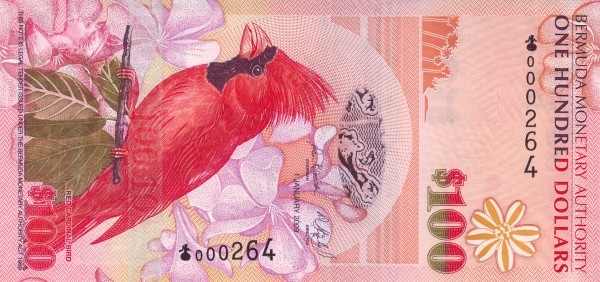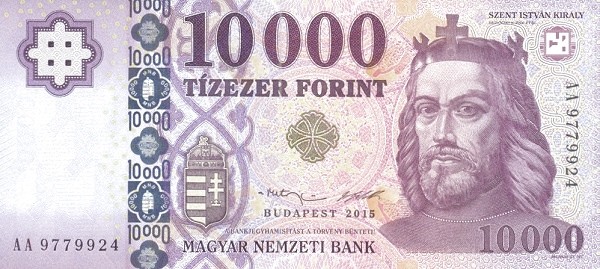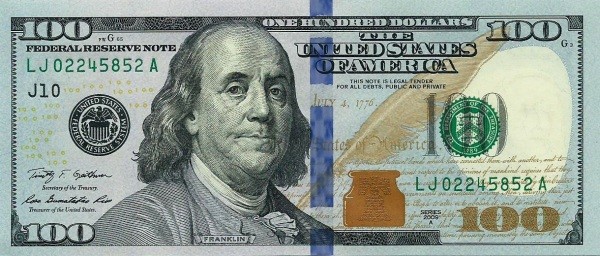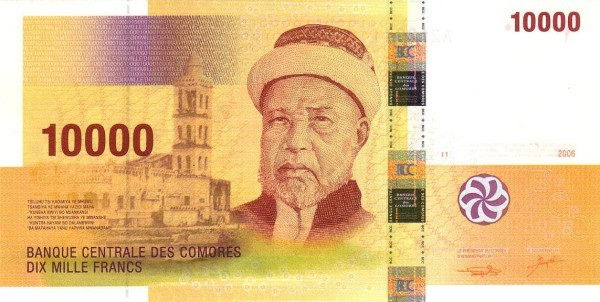Brazil cenbank chief says external scenario has not affected FX, balance of risks
BRASILIA, Nov 17 (Reuters) - Brazil's central bank chief Roberto Campos Neto said on Friday that the increased level of concern among policymakers about the external scenario has not changed to the extent of altering their inflation risk balance.
"The external scenario is more challenging, but the exchange rate did not respond. Apparently, the markets understand that there is no much greater risk," he said at an event hosted by newspapers O Globo and Valor Economico.
"It had no effect on the exchange rate, long-term interest rates did not respond much either, what changed in our lives?"
Emphasizing that a reduction in interest rates would not result in a significant reversal in the exchange rate movement, Campos Neto noted the Brazilian currency has been performing well in a context where the country still maintains a "relatively high" interest rate differential compared to advanced economies.
The Brazilian real has appreciated 8% so far this year against the U.S. dollar, supported by positive trade flows amid strength in its agribusinesses and an improved risk perception following the approval of new fiscal rules proposed by the government.
The central bank began easing in August after maintaining interest rates at a cycle-high for almost a year to combat inflation. So far, borrowing costs have fallen 150 basis points to 12.25%, and policymakers signaled further 50-basis-point cuts in each of the next two meetings.
"Our guidance has been that the interest rate needs to be in restrictive territory, but we have not insisted on outlining a trajectory," said Campos Neto.
He said the central bank removed from its official communication that there was a low probability of an additional intensification in the easing pace unless substantial improvements in inflation occur because that message had already been conveyed and absorbed.
He added that domestic inflation has been converging towards official targets, with improvements in core readings, but acknowledged challenges in bringing it under control.
Regarding a potential change in the government's fiscal target to eliminate the primary deficit next year, he reiterated his support for maintaining the target, adding that the cost of losing credibility might be much higher than the fiscal space gained in any alteration.
On Thursday, Brazil's Institutional Relations Minister Alexandre Padilha said that there would be no government initiative to change the target, following President Luiz Inacio Lula da Silva's remarks that erasing the budget deficit by next year was unnecessary as it would threaten the financing of essential investments.
Reporting by Marcela Ayres; Editing by Sharon Singleton and Chizu Nomiyama
Our Standards: The Thomson Reuters Trust Principles.
Bermudian Dollar
Bermudian Dollar2009BMD1002009BMD102009BMD202009BMD22009BMD502009BMD5
Hungarian Forint
Hungarian Forint2015HUF100002018HUF10002017HUF200002016HUF20002017HUF50002018HUF500
US Dollar
The US Dollar is the currency of the United States of America and several other countries and territories. It is also the most widely used currency in international trade and finance, and the main reserve currency of the world. Here is a brief introduction of the US Dollar:The US Dollar was
Comorian Franc
The Comorian Franc is the official currency of the Comoros, a small island nation located in the Indian Ocean. It was introduced in 1981 to replace the French Franc, which had been in use since the country's colonial period. The currency is issued by the Central Bank of the Comoros and is available in both paper and coin form. The exchange rate of the Comorian Franc is determined by market forces and is subject to fluctuations. While the currency has faced some challenges in the past, such








